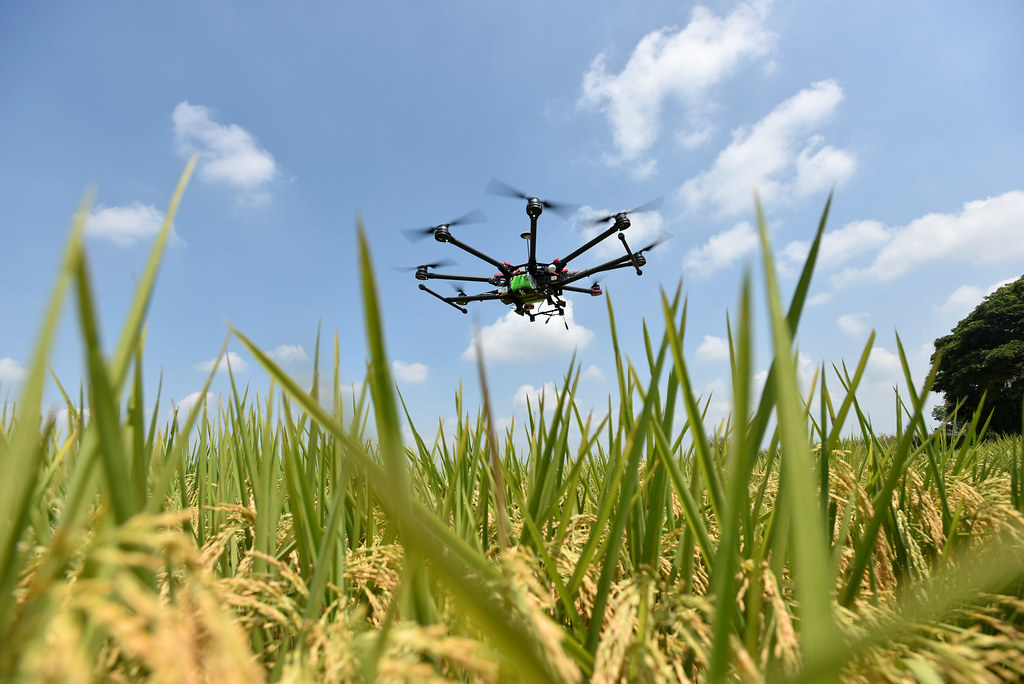-
RAAF
Contributing to the implementation of the Regional Agricultural Policy
RAAF Approach is essentially based on getting things done.
-
Thematics

Thematic areas
The implementation of the Regional Agricultural Policy (ECOWAP) is built around nine thematic areas.
-
Projects
- Renforcement des capacités pour la mise en œuvre de l’ECOWAP en Afrique de l’ouest
- At the end of PRAPS-1, which achieved significant progress in relation to most of the issues relating to animal health, sustainable management of rangelands and pastoral resources, livestock trade, and prevention and management of pastoral crises, the Wor
- Fruit flies are a major problem for the horticultural sector in West African countries. They destroy 50 to 80% of fruit production.
- The Global Climate Change Alliance Plus (GCCA+) is the second phase of an initiative of the same name launched by the European Commission in 2008
- West Africa is one of the most vulnerable regions in the world.
- Renforcement des capacités pour la mise en œuvre de l’ECOWAP en Afrique de l’ouest
- West Africa is facing three major challenges: (i) structural food and nutritional insecurity, (ii) the effects of climate change (droughts, aridity, floods, etc.), (iii) salinization and physico-chemical degradation of agricultural land.
-
News
Follow our news and events
-
Resources
Contents
More information on our work.
-
Multimedias
Interaction
Audio-visual based communication
-
Opportunities
Get Involved
- Portals
In recent years, food and nutrition situation in West Africa has dramatically deteriorated with more than 52 million vulnerable people currently in need of food assistance during the current lean season (June-August 2024).
This is due to a combined effect of several factors, including climate change and growing security threats, which further exacerbate people's vulnerability and poverty. These crises are inter-related and require holistic and integrated approach to be successfully overcome. This situation highlights the urgent need to work in synergy with all partners and stakeholders to improve the effectiveness of the implementation of our projects and programmes.
Considering the challenge, and in response to the call from the April 2024 RPCA meeting for urgent action to save more than 50 million lives, the ECOWAS Commission wishes to mobilize, as regional solidarity, part of the regional food security stock to support the six (06) countries most affected by food difficulties during the current lean season: Burkina Faso, Ghana, Mali, Niger, Nigeria, and Sierra Leone. ECOWAS also calls upon partners of the Humanitarian Community and technical and financial partners, to act as third-party payers, to mobilize additional stocks from the Regional Food Security Reserve, which are being replenished by countries that have benefited from interventions in previous years, and stocks being purchased and delivered.
Very soon, ECOWAS will also bring together the food and nutrition crisis response bodies of Member States, the Humanitarian Community (UNS, TFPs, NGOs), CILSS and UEMOA to draw up a detailed assessment of the programming and implementation of national response plans, identify gaps and find appropriate responses to the severity of the situation.
Moreover, the ongoing process of drafting of the post-Malabo agenda will enable the region to seize the opportunity of the review of agricultural policies (ECOWAP and PAU) to set up appropriate measures and instruments for more effective prevention of recurrent food and nutrition crises.
